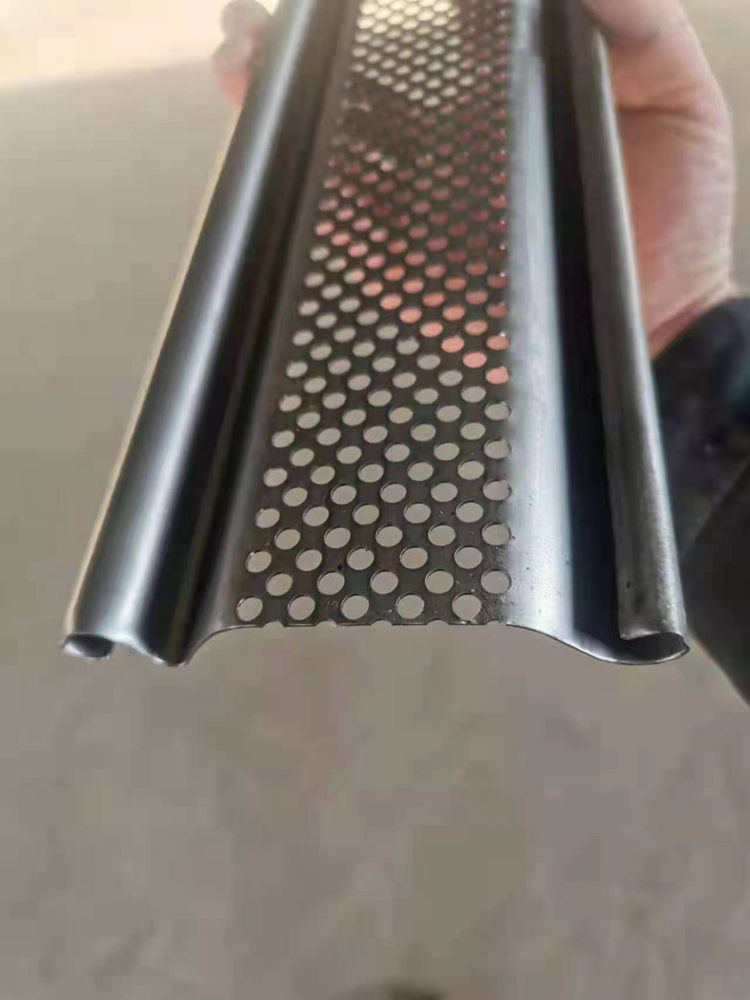
The Advancements and Applications of Mesh Welding Machines
In today's fast-paced industrial environment, the need for efficient and reliable manufacturing processes has never been greater. Among the myriad of technologies available, mesh welding machines have emerged as a vital tool in the production of steel wire mesh, which is widely used in various sectors such as construction, agriculture, and transportation. This article explores the advancements in mesh welding technology and its diverse applications.
What is a Mesh Welding Machine?
A mesh welding machine is a specialized piece of equipment designed to manufacture welded wire mesh and grids from pre-formed wire strands. The process involves feeding the longitudinal wires into the machine, which automatically aligns them and then intersects with the transverse wires. Once in position, the machine utilizes electrical resistance welding or other welding techniques to fuse the wires at their intersections. This method not only enhances the strength of the product but also ensures precision, making it suitable for a range of applications.
Technological Advancements
Recent innovations in mesh welding machines have significantly improved their efficiency, reliability, and ease of use. Modern machines feature advanced programmable logic controllers (PLCs) which allow for increased automation. Operators can easily set parameters such as wire spacing, welding speed, and mesh size through a user-friendly interface. This automation minimizes human error and enhances product consistency.
Moreover, the introduction of high-frequency welding technology has further increased production speed and product quality. High-frequency welders can quickly achieve the necessary weld temperatures, resulting in faster processing times without compromising the integrity of the welds. The compatibility of modern machines with various wire materials, including galvanized and stainless steel, has also broadened their applications across different industries.

Applications of Mesh Welding Machines
The versatility of mesh welding machines makes them indispensable in numerous industries. One of the most significant applications is in the construction sector, where welded wire mesh is used for reinforcing concrete structures. The high tensile strength and durability of welded mesh provide structural integrity to buildings, bridges, and other civil engineering projects.
In the agricultural industry, mesh welding machines produce fencing and supports for crops. Welded wire fencing is known for its durability and ability to withstand harsh weather conditions, making it an ideal choice for protecting livestock and crops from external threats.
Another notable application is in the transportation sector, where mesh is used for manufacturing safety barriers, road signs, and protective grids. The strength and stability of welded wire mesh contribute to enhanced safety standards in roadways and construction sites.
The automotive industry also employs mesh welding technology to create components such as grill guards and protective mesh for vehicle windows. These applications not only improve safety but also contribute to the aesthetic appeal of vehicles.
Conclusion
In conclusion, mesh welding machines have revolutionized the manufacturing process of welded wire mesh, enhancing efficiency and product quality across various industries. With advancements in technology driving innovation, these machines will continue to play a crucial role in meeting the increasing demands of modern manufacturing. As businesses seek to improve their production processes and product offerings, the mesh welding machine stands out as a reliable and effective solution. The growing reliance on welded wire mesh in construction, agriculture, transportation, and other sectors underscores its significance in today’s industrial landscape.